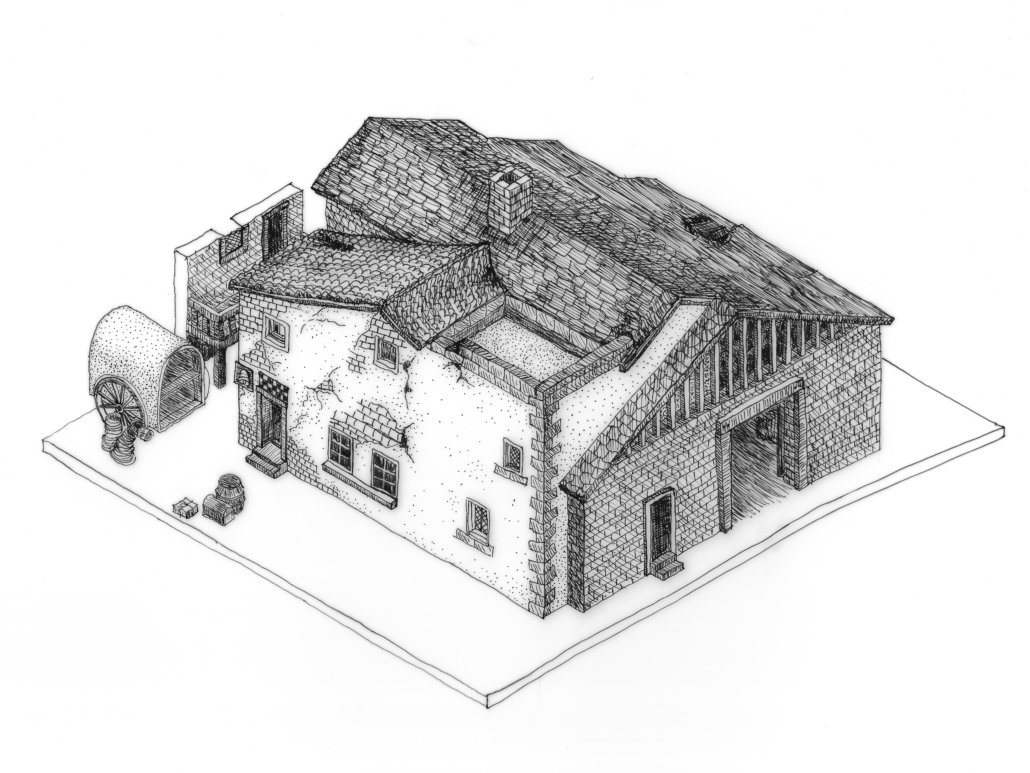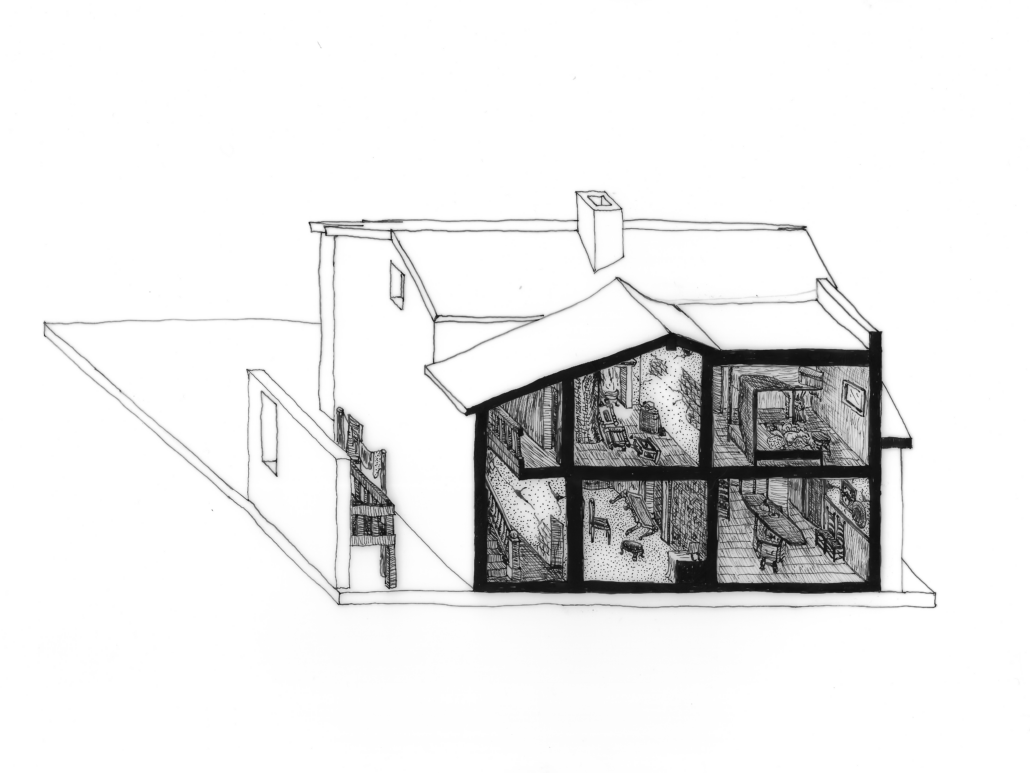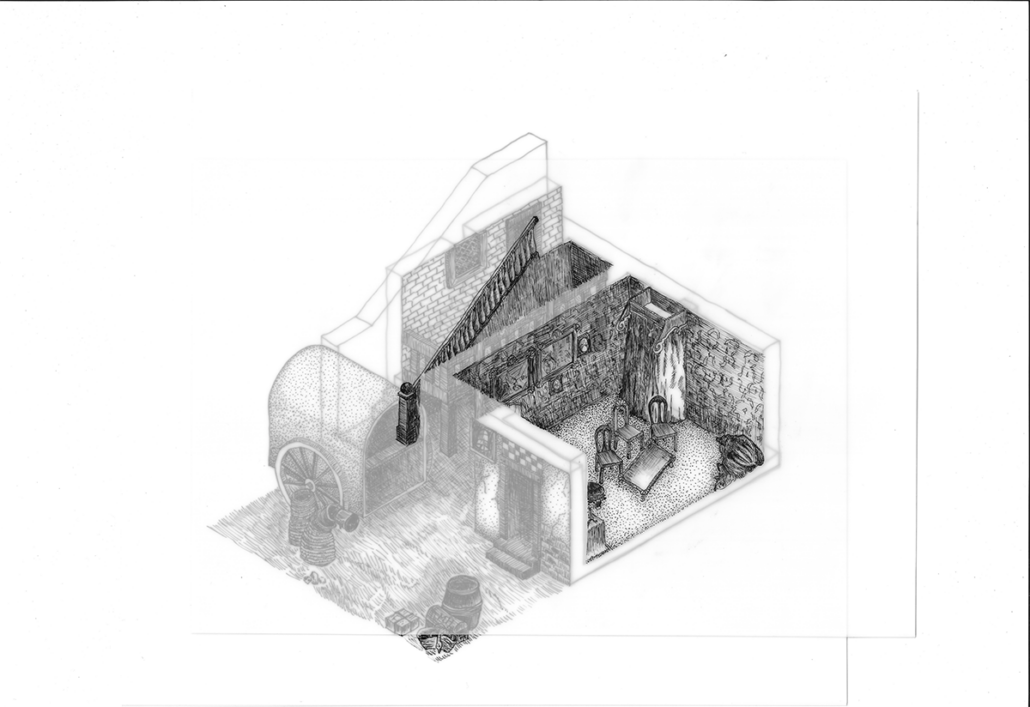Thinking Gender 2023 Media Exhibit
Thinking Gender Student Research Conference Media Exhibit. This year’s theme, “Transforming Research: Feminist Methods for Times of Crisis and Possibility,” centers inquiries, reflections, and imaginations of feminist, decolonial research methods and practice across fields and disciplines.
Grandmother’s Garden Women, Quilting, and US History
Amy Reid, Film and Digital Media, UC Santa Cruz
Grandmother’s Garden, deriving its title from the classic quilt pattern grandmother’s flower garden, is an experimental 16mm and video film that examines the past and present production of quilting as it relates to the history of the United States. Utilizing the structure of a patchwork quilt, this film stitches together chapters that examine the stories of women who have made and continue to quilt. Grandmother’s Garden uses three distinct and overlapping periods in American history, in three particular regions, in order to examine histories of the antebellum south, westward expansion, and industrial textile production in New England in the 19th century. Grandmother’s Garden asks how quilts can gesture, through their material traces, on aspects of slavery, imperialism, and capitalism in America.
At Odds with Even Love
Balakrishnan Raghavan, Cross-Cultural Musicology, UC Santa Cruz
Concept and Curation: Balakrishnan Gayathri Raghavan, 2019
Video Credits: Anuj Chopra, Delhi, 2022 Location: Abhyas Studio, Delhi. 2022.
“At Odds With Even Love” is an evening of poetry and prose: the amorous song of the courtesan, songs from the Bhakti and Sufi traditions, and queer stories from the Indian Subcontinent. This labor of love, shared in an intimate gathering, juxtaposes amorous songs from the Indian musical tradition and stories of love, longing, passion, and pain from the queer community.
The Machine of the World: A Zine on Modernity and Decolonization
View the zine (PDF)
Clara Lemme Ribeiro, Geography, University of Washington, Seattle
The machine of the world is a zine inspired by conversations on decolonial studies and decolonization. The main objective is to pose questions for its reader and inspire critical reflections on what decolonial studies can and cannot do, as well as the object of critique within said scholarship. The zine juxtaposes different perspectives on decoloniality to let the reader interrogate the deeper implications of each, while also reflecting on the possibility of decolonizing academia “from within.” The underlying thread of The machine of the world is the suggestion of the ongoing process of modernization as the main object of critique, as it simultaneously encompasses ways of knowing and being and the material conditions in which these ways are embedded.


















